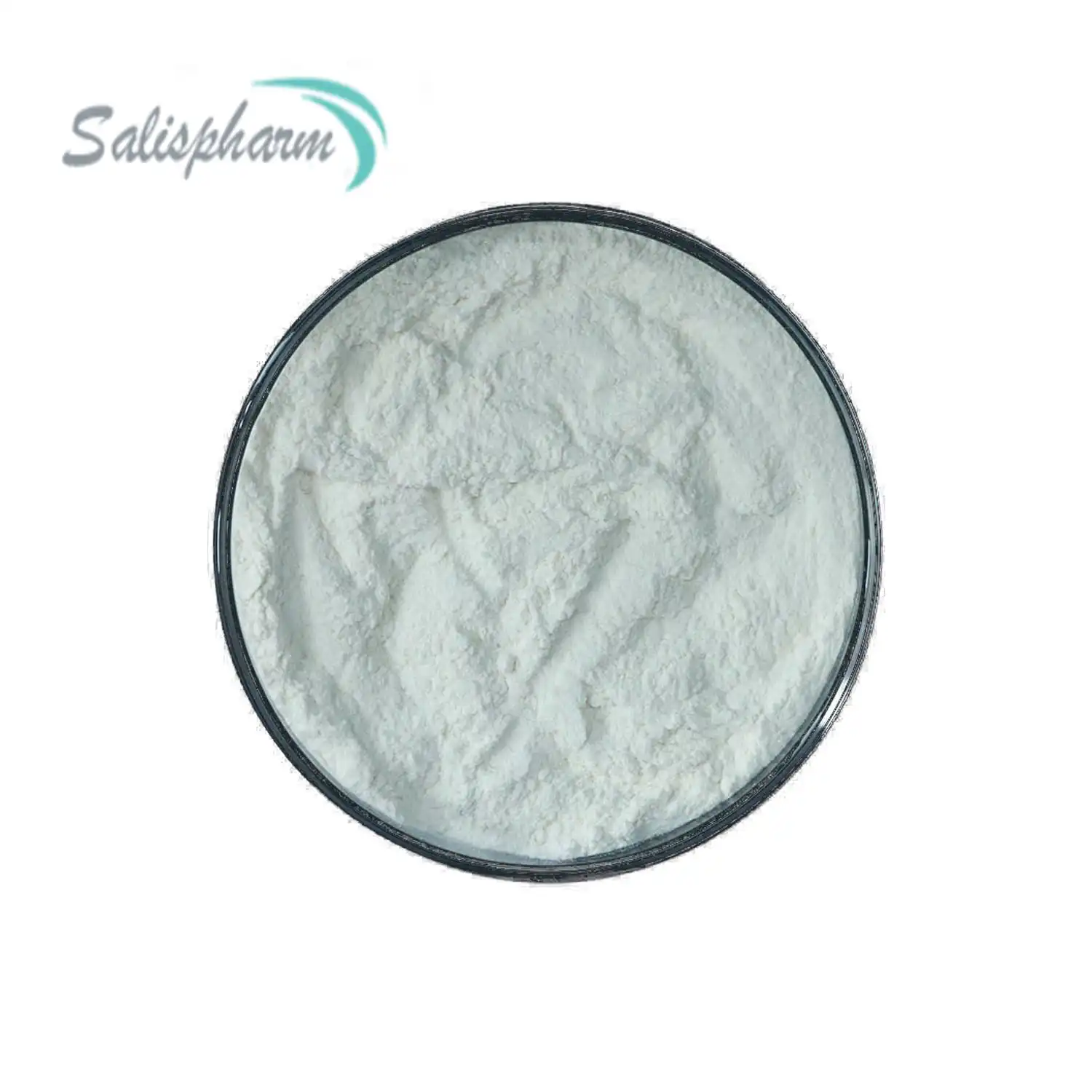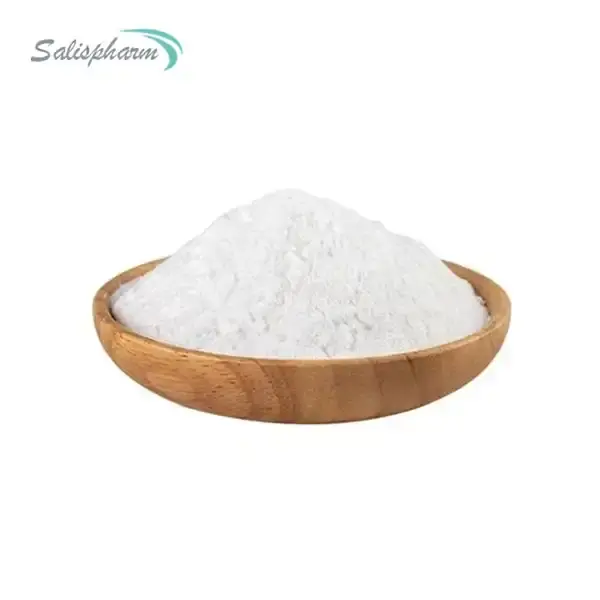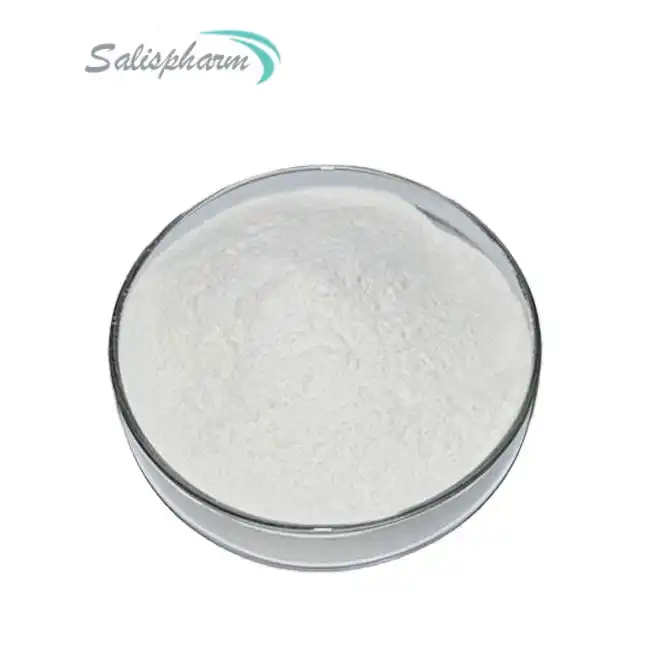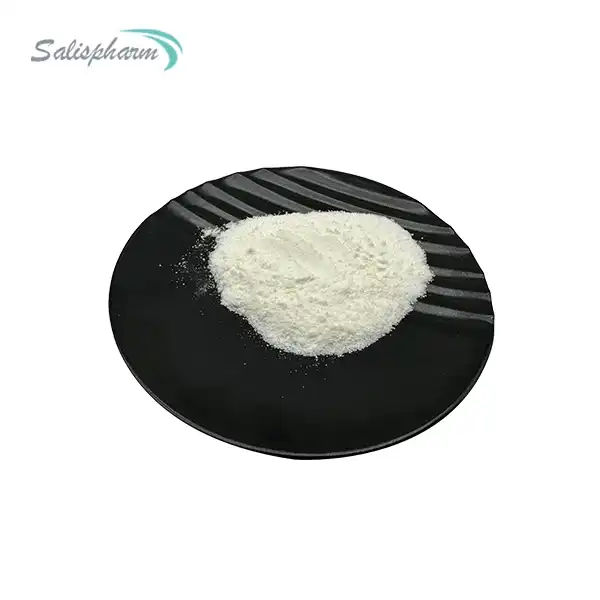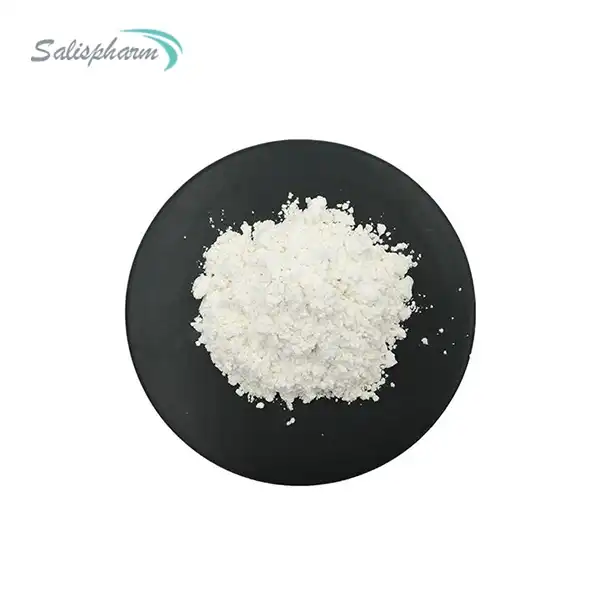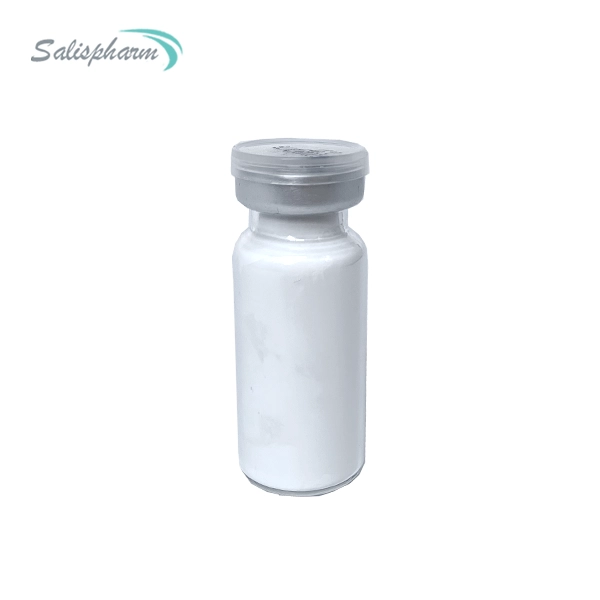Atorvastatin, a medication belonging to the statin class, is widely prescribed to manage high cholesterol levels and reduce the risk of cardiovascular diseases. While it is generally well-tolerated, there are certain precautions and potential interactions to be aware of when taking atorvastatin in powder form.
What are the potential interactions of atorvastatin powder with other medications?
When taking atorvastatin powder, it is crucial to be aware of potential interactions with other medications. Atorvastatin can interact with various drugs, altering their effectiveness or increasing the risk of adverse effects.
One significant interaction to consider is with medications that inhibit or induce certain enzymes involved in atorvastatin's metabolism. For instance, drugs like erythromycin, clarithromycin, and certain antifungal medications (e.g., itraconazole, ketoconazole) can inhibit the cytochrome P450 3A4 enzyme, leading to increased levels of atorvastatin in the body. This heightened concentration may increase the risk of side effects, such as muscle pain or liver enzyme elevations.
Conversely, medications that induce the same enzyme, like rifampin (used to treat tuberculosis), can decrease the efficacy of atorvastatin by accelerating its breakdown and reducing its bioavailability.
Additionally, atorvastatin may interact with certain immunosuppressants (e.g., cyclosporine), digoxin (used for heart conditions), and certain antiarrhythmic drugs (e.g., amiodarone). These interactions can lead to either increased or decreased levels of the respective medications, potentially compromising their intended effects.
It is also essential to inform your healthcare provider about any over-the-counter (OTC) medications, supplements, or herbal products you are taking, as some of these may interact with atorvastatin. For example, St. John's wort, a popular herbal supplement, can induce enzymes and reduce the effectiveness of atorvastatin.
To minimize the risk of interactions, it is crucial to provide your healthcare provider with a comprehensive list of all medications, supplements, and herbal products you are taking. They can then assess the potential for interactions and make appropriate adjustments to your dosage or medication regimen if necessary.
What foods should be avoided when taking atorvastatin powder?
While atorvastatin is generally well-tolerated, certain dietary considerations may be necessary to maximize its effectiveness and minimize potential side effects.
One crucial factor to consider is the consumption of grapefruit and grapefruit juice. Grapefruit contains compounds that can inhibit the cytochrome P450 3A4 enzyme, which is responsible for metabolizing atorvastatin. This inhibition can lead to increased levels of atorvastatin in the body, potentially increasing the risk of side effects such as muscle pain, liver enzyme elevations, and digestive issues.
Additionally, foods high in cholesterol and saturated fats should be limited or avoided while taking atorvastatin. Atorvastatin works by inhibiting the production of cholesterol in the liver, but excessive dietary cholesterol and saturated fats can counteract its effects. A diet rich in these nutrients may reduce the medication's ability to lower cholesterol levels effectively.
Alcohol consumption should also be moderated or avoided while taking atorvastatin. Excessive alcohol intake can potentially increase the risk of liver damage, which is a rare but potential side effect of atorvastatin. Additionally, alcohol may interfere with the medication's effectiveness in lowering cholesterol levels.
It is generally recommended to follow a heart-healthy diet rich in fruits, vegetables, whole grains, lean proteins, and healthy fats while taking atorvastatin. This dietary approach can complement the medication's effects and contribute to overall cardiovascular health.
If you have any specific dietary concerns or restrictions, it is essential to consult with your healthcare provider or a registered dietitian for personalized guidance on managing your diet while taking atorvastatin powder.
Are there any side effects associated with taking atorvastatin powder?
Like any medication, atorvastatin powder can potentially cause side effects, although most people tolerate it well. It is essential to be aware of these potential side effects and report any concerns to your healthcare provider.
One of the most common side effects associated with atorvastatin is muscle pain or weakness, also known as myalgia. This can range from mild discomfort to severe muscle cramps or weakness. In rare cases, atorvastatin can cause a serious condition called rhabdomyolysis, which involves the breakdown of muscle fibers and can lead to kidney damage if not treated promptly.
Digestive issues, such as constipation, diarrhea, nausea, and abdominal pain, are also reported by some individuals taking atorvastatin. These side effects are typically mild and may resolve over time or with adjustments to the dosage.
Atorvastatin can also affect liver function, leading to elevated liver enzyme levels in some cases. This is typically asymptomatic and may resolve with dose adjustments or discontinuation of the medication if necessary.
Other potential side effects include headaches, insomnia, dizziness, and skin rashes. While rare, some individuals may experience more severe reactions, such as memory loss, confusion, or increased blood sugar levels, particularly in those with diabetes or risk factors for developing diabetes.
It is crucial to report any side effects, even if they seem mild, to your healthcare provider. They may recommend adjusting the dosage, monitoring for potential complications, or considering alternative treatment options if the side effects become problematic.
Additionally, it is essential to follow the prescribed dosage and instructions carefully. Taking higher doses than recommended or crushing or chewing the atorvastatin powder can increase the risk of side effects and potential interactions.
If you experience any severe or persistent side effects while taking atorvastatin powder, seek immediate medical attention. Your healthcare provider can evaluate the situation and determine the appropriate course of action to ensure your safety and optimal treatment outcomes.
If you are also interested in this product and want to know more product details, or want to know about other related products, please feel free to contact iceyqiang@gmail.com.
Reference List:
1. Atorvastatin (Lipitor) - Side Effects, Interactions, Uses
2. Atorvastatin: MedlinePlus Drug Information
3. Atorvastatin (Oral Route) - Mayo Clinic
4. Atorvastatin: Interactions, Side Effects & Warnings - Drugs.com
5. Atorvastatin - LiverTox
6. Atorvastatin: Indications, Side Effects, Warnings - Drugs.com
7. Atorvastatin: 7 things you should know - Drugs.com
8. Atorvastatin - FDA prescribing information, side effects and uses
9. Atorvastatin (Lipitor) - Side Effects, Interactions, Uses
10. Atorvastatin: Get Facts on Side Effects & Interactions

